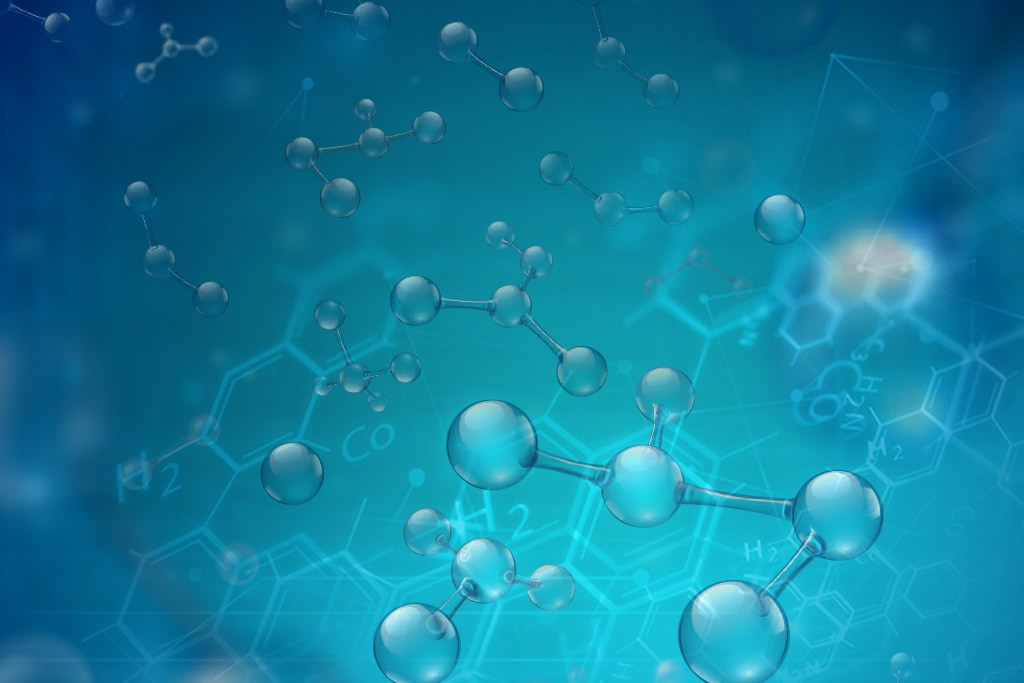PRODUCTION TREATING CORROSION INHIBITOR
The initial determination of warranting a corrosion inhibitor program is done via field data gathering. Previous techniques used C02 partial pressure, aqueous pH, bicarbonate concentration and flow rates as individual guides to predetermine if corrosion inhibitors are needed. More modern techniques employ computer-modeling software that can predict actual corrosion rates observed in the field. Many of these programs are very reliable within a 5% margin of error if accurate data is provided.
CORROSION INHIBITOR
PRODUCT SELECTION
Corrosion inhibitor product selection should always begin in the field. One must first evaluate product compatibility with the produced water. Many corrosion inhibitors have surfactants as well as demulsifier bases built into the product. For this reason, an emulsification tendency test must also be performed on-site with various products. Further laboratory analyses can be performed to pinpoint which inhibitor will be the most effective product. Most of the NACE accepted practices use synthetic brines and not actual field water to test corrosion inhibitors’ efficiencies. Older, but still practiced test methods include corrosion wheel and LPR C02 purge tests.
MODERN
TEST METHODS
Many of the newer test methods have been developed to incorporate several variables into the protocol. The jet impingement and rotating cage tests, for example, take into account pipe wall sheer stress as well as pH, C02 partial pressure and oil to water ratios. All of these techniques will give results based on mpy calculations from an actual exposed corrosion coupon or EMV probe and will assess a product’s effectiveness in terms of percent protection. Many variables affecting the corrosiveness of a system will change with time as a well or producing field matures. As with any treating program, continual field monitoring is the most important factor with respect to long-term success. Routinely changed corrosion coupons, iron& manganese counts and corrosion inhibitor residuals are all employed as continual monitoring tools.

LEADING WITH CORROSION INHIBITOR SOLUTIONS
Contact Coastal Chemical to learn how we can assist with corrosion inhibitors.
